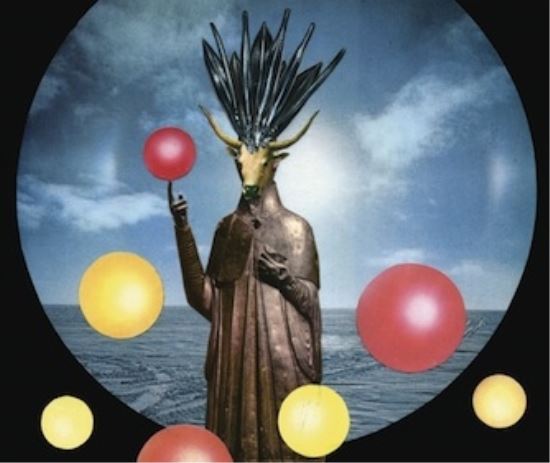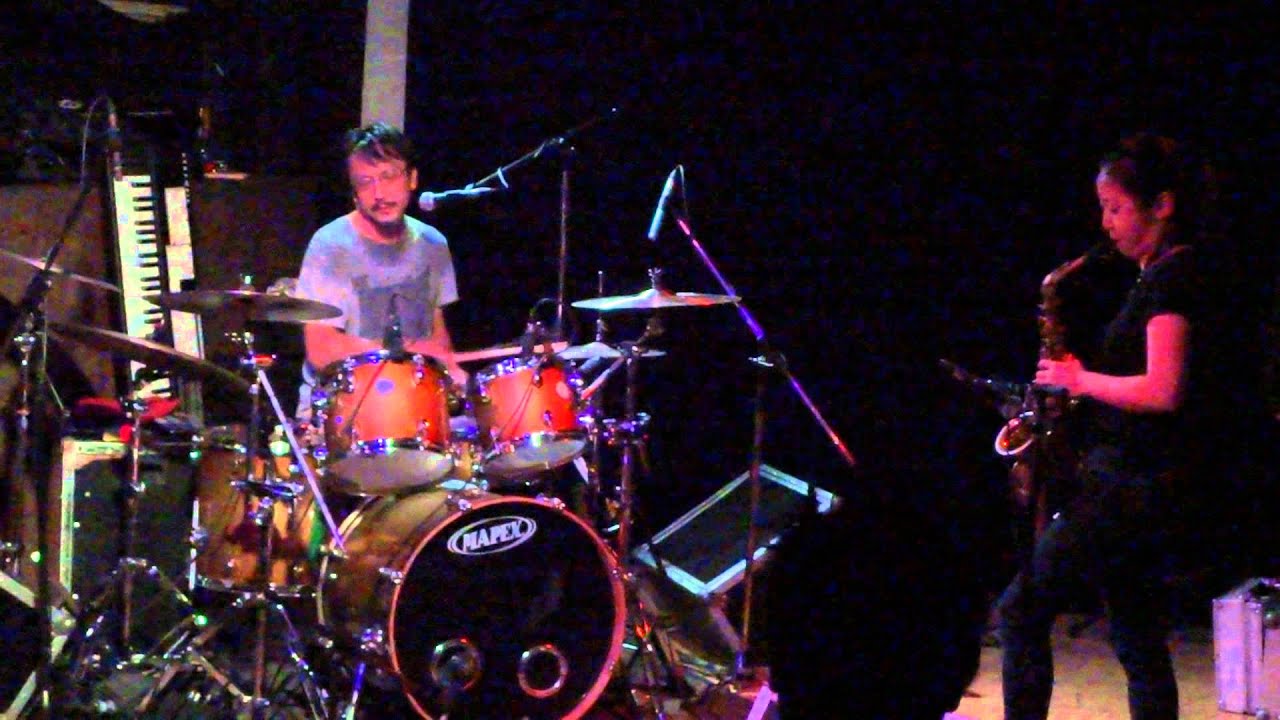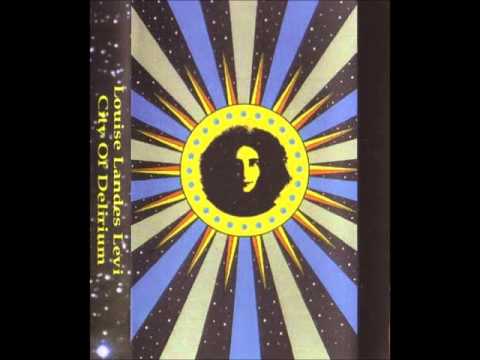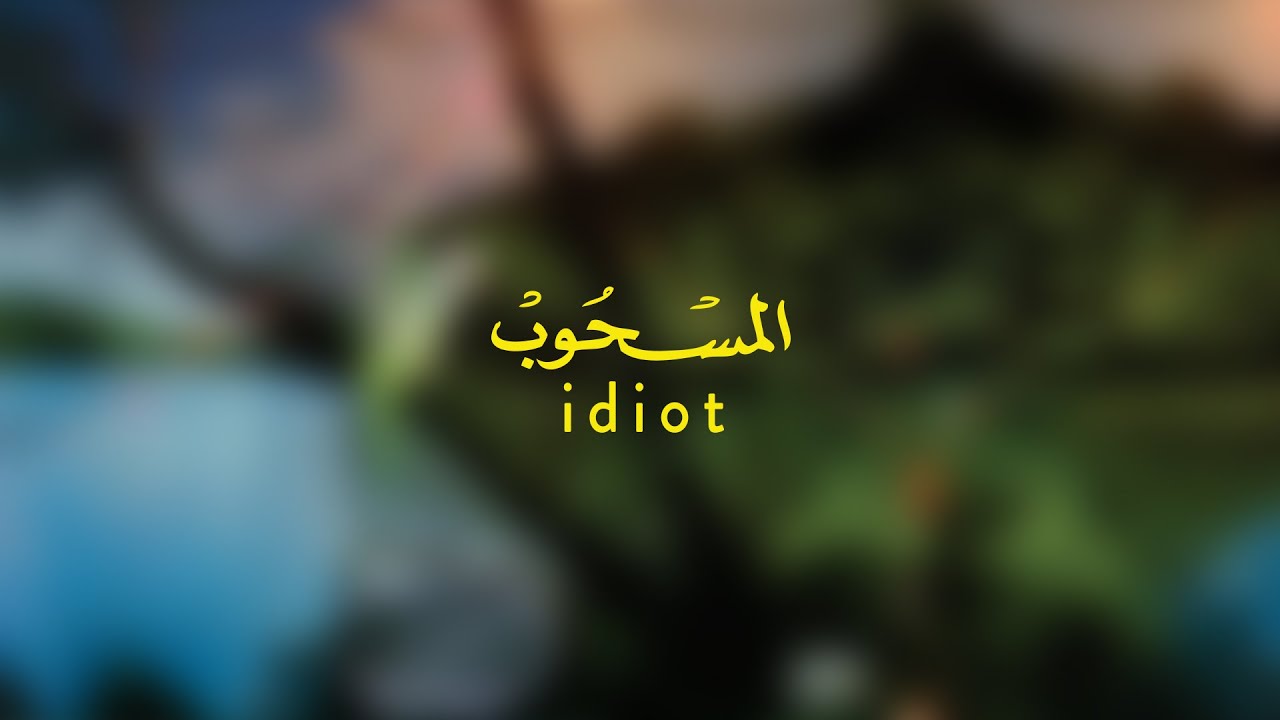One of the UK’s finest festivals, Tusk returns this month with another peerless line-up of international underground music. From Egyptian electro-chaabi and punky updates of <a href="https://www.youtube.com/watch?v=IHPdbza6Dn8 " out">Burkinabé Mandingo music, to Japanese prog and <a href="https://www.youtube.com/watch?v=Pp2Ni7pHVuw" out">Brooklyn improv-song, Tusk goes way beyond the usual experimental music suspects. The organisers have also instigated some exciting new collaborations, including a guitar face-off between Sunn O))) drone lord Stephen O’Malley and French underground legend Richard Pinhas.
Tusk’s global outlook is underpinned by a commitment to the UK DIY underground, with local North East acts appearing alongside cult British arists such as Adam Bohman and Edinburgh oddities Usurper. There’s a heavy dose of electronics too, with sets from Demdike Stare and Klara Lewis, among others. All this and visual art and film programmes to boot. That’s living alright.
This year sees a big change, with the move over the Tyne to Gateshead Old Town Hall. While I’m sure you’re sad to be leaving the Star & Shadow, what does the new space offer and how will it help keep the Tusk spirit alive?
Lee Etherington: It’s a change of venue but I don’t think it’ll be a noticeable shift in the spirit and atmosphere of the festival. Star & Shadow is "between buildings" right now and I think we’ve found the closest equivalent to that in terms of feel. It’s also got a full-on cinema set-up for the backdrops and the film programme. Sage Gateshead have been really supportive and it’s got nice little extras like the police cells in the basement and the Old Police House next door so it’s going to definitely keep the spirit of Tusk.
You must be pretty excited to have Stephen O’Malley playing. Can you tell us more about his collaboration with Richard Pinhas?
Yes, we’re very excited about having Stephen. As you know, though, we do like to do things that haven’t happened before when we can and love to initiate new collaborations, which we’ve done from the very start of the festival in 2011 with Sir Richard Bishop, Bill Orcutt and Chris Corsano. Stephen and Richard know each other but have never played together and the idea just came in one of many late night brain-wracking sessions. It seemed like a natural pairing that just had to happen. It’s going to be about as immense as a guitar duo gets, I think.
This year’s transmissions from the Japanese underground are Reizen and Sax Ruins. Can you tell us more about them?
Reizen has just such a beautifully serene sound, so gentle yet solid, silken, if you know what I mean. And Sax Ruins is the complete opposite, furious mathematical sax/drums prog, really raging. Tatsuya Yoshida is an utter drum legend. There’s so much great music from Japan and we always try to dip into the Japanese avant-garde with every Tusk – there’s still a million other Japanese acts we’d love to bring over, and even though a lot of Japanese music does absorb influences from all over the globe, not least Europe and the US, it really does approach music in a very different way that I think really adds to its fascination.
Louis Landes Levi is a fascinating artist with an incredible life story: a musician, poet and translator, she travelled solo to India via Istanbul in the late ’60s. She collaborated with Terry Riley and has been a student of both La Monte Young and Ali Akbar Khan. What does her music mean to you?
To be honest, Louise’s music is still quite new to me and to most people as though she’s been performing for a long time, her discography is miniscule. But Richard Dawson played me the album From The Ming Oracle and it was instantly gripping, a Western person approaching the sarangi and delivering thoroughly mesmerising results. Credit to Louise, she’s studied Indian music at length and yet brought her own personality to bear on the instrument and it’s a really wonderful record. Live she’ll have Paul LaBrecque backing her with a guitar drone. People will know Paul from Sunburned Hand Of The Man. And looking at the line-up for that night, she’s going to be nestling among some pretty raucous fellow acts so it’ll be a typical Tusk rollercoaster.
Islam Chipsy and EEK raised the roof at last year’s Tusk. This year you’ve got Maurice Louca. I imagine you’re keen to showcase more of the Cairo scene?
I think we’re still learning about Cairo, and Cairo itself is going through massive changes culturally so it’s a pretty fascinating place throwing up some great music right now. I know Alan Bishop says it’s the most exciting place he’s ever lived and you can see why, in good and maybe more scary ways too. I love what Maurice does though, we were all gripped as soon as we heard the album. Weirdly it immediately reminded me of Adrian Sherwood, like a North African take on early On-U Sound records, with the Arabic tropes instead of the English/Jamaican ones, if that makes sense.
You’ve also got Egyptian-Canadian musician Sam Shalabi – is that a deliberate attempt to link the scenes or just a happy accident?
That’s a happy coincidence really. Welove Sam’s ,Music For Arabs album: some of it almost sounds like Quasimoto or something, all squelchy and hardware, and then next he’s playing the oud across a vast sonic plain. It’s really virtuosic music with a really supra-national outlook. Since we started passing around Music For Arabs in the Tusk team, I dipped into a bunch more of his albums and there’s some pretty amazing stuff he pulls out of the hat. He plays twice at Tusk too of course, solo and in a trio with Rhys Chatham and Oren Ambarchi – a mind-boggling prospect!
You’re bringing some great international acts, but could you tell us about the local North East acts you have playing?
Well this year we have Depletion, a guy from Gateshead who loves analogue synths and tape and makes a delicately abrasive concrete that really needs to be heard. We’ve got Great Buitike, who is based in Manchester but feels like part of the North East underground as she plays here quite often and is tied up with a lot of other acts here like Posset and Gwilly Edmondez. She’s got amazing vocal powers and she also sees everything as an instrument, as does her partner in crime at Tusk, THF Drenching, who famously played in Derek Bailey’s last group and errs towards building bricks as his instrument of choice. And we’ve got the excellent Newcastle-based upright bass player John Pope playing with Pascal Nichols to perform the visual score to Julie Myers’ Klangfarbe. I get the feeling John’s about to spread his wings as a musician so you may well be hearing a lot more from him – like great drummers, great bass players stick out a mile and he’s one of them.
Are there any other artists you think we should particularly look out for – people doing something different or surprising?
Well, we’ve got three brand new collaborations this year: Sax Ruins & Richard Pinhas, Pinhas/O’Malley and Oren Ambarchi/Rhys Chatham/Sam Shalabi – and it’s hard to imagine any of those will be less than jaw-dropping. And amazing as they are, I think Louise, Sam Shalabi, Reizen, CKDH are all still pretty unknown to a lot of people. Baba Commandant is going to melt everyone’s heads completely; Sleeparchive is a total legend to us but still not very well known it seems. I think as we always do, we’ve focused on new collaborations and on a lot of people who we know a lot of our audience will hardly know but we’re confident they’re going to love what they do.
There’s also the Tusk Fringe in the Old Police House. Can you tell us more about that?
The Old Police House is kind of our new Morden Tower [a celebrated experimental poetry, music and arts venue in the city’s West Wall]. The Tower’s out of action these days but those kind of timeless, informal, unique gigs now happen at OPH. Its brilliantly run by Mariam Rezaei and open to everything artisitically and, perfectly, next door to the Old Town Hall. So we’ll have Fritz Welch spending a few days decorating a room in the house ahead of his performance, Eric Boros of Vialka flying in to perform, Usurper, Paul LaBrecque and more performing live late Saturday night, plus Lousie Landes Levi giving a poetry reading on Saturday afternoon and Julie Myers talking about Klangfarbe.
Tusk has always made the connections between underground music and visual art and this year’s exhibition is by Adam Bohman. What appeals to you about his work?
Everything about Adam appeals to us, I think – whether he’s making sounds or collages or being filmed getting excited about different kinds of leaves, there’s just something magnetic about him. Listen to his Music And Words albums and you’ll be gripped, I’m sure. One minute there’s a blast of noise, then he’s speaking into a muffled mic about his mum downstairs making his tea, then some kind of sound collage and it just all falls together so naturally, its hard to imagine him ever switching off.
Once again, Has Gaylani and Joe Murray have put together a great film programme, with highlights including Robert Millis’s Indian Talking Machine, about 78rpm collecting in the sub-continent, Steve Madden’s interview with Bob Cobbing and Rhodri Davies’ Wound Response series. But the big event is the premiere of Jeff Merten’s Borbetomagus documentary, A Pollock of Sound , parts of which were filmed at <a href=target="http://thequietus.com/articles/16492-festival-report-tusk”out”>Tusk 2014.
Well, we’re really pleased to be part of the film, a small part in Borbetomagus’s huge history. You see footage of their set here, including the climax of their set when they were joined by Hijokaidan and Norbert Moslang. Also their talk with David Keenan and the interviews with Toshiji Mikawa and Jojo Hiroshige [of Hijokaidan] were filmed here too.
Tusk: Fri 9 to Sun 11 Oct, Old Town Hall, Gateshead. More information here
<div class="fb-comments" data-href="http://thequietus.com/articles/18864-preview-tusk-festival” data-width="550">





